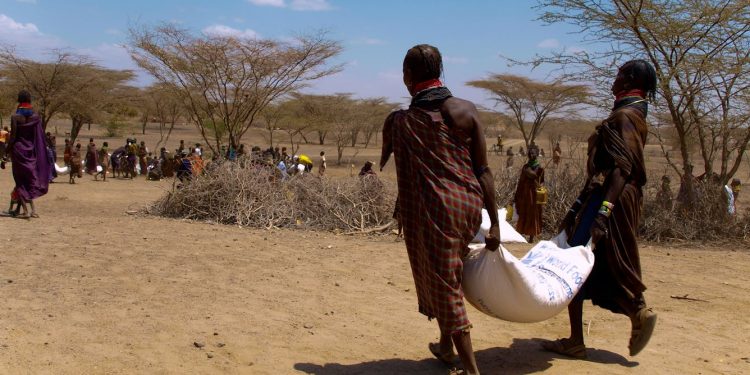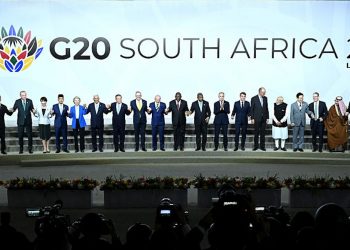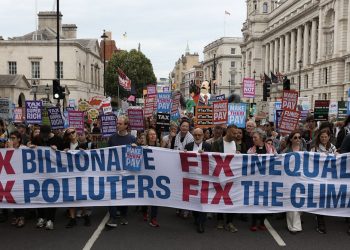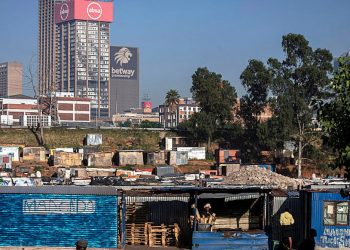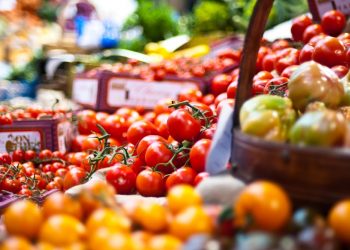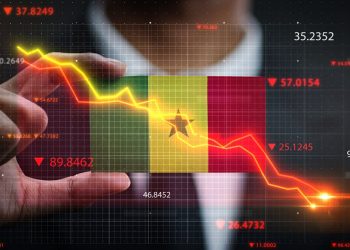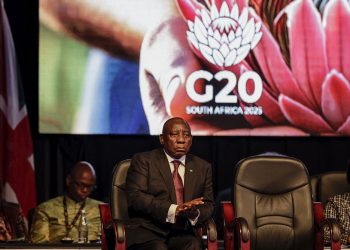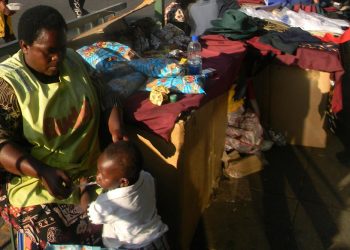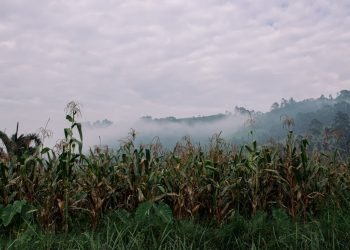Economic sanctions are widely viewed by academics and policymakers as a better alternative to military interventions to pressure governments to change objectionable policies. The idea is simple: instead of using weapons, squeeze the ruling elite economically until they change their behaviour.
The use of economic sanctions has been rising steadily. According to recent data from the Global Sanctions Database, the number of active sanctions grew by 31% in 2021 compared to 2020, and this upward trend continued through 2022 and 2023.
In Africa, several countries are currently subject to sanctions imposed by the United States, the United Nations or the European Union. These African states include the Central African Republic, the Democratic Republic of Congo, Guinea, Guinea-Bissau, Mali, Libya, Somalia, South Sudan and Zimbabwe. It’s not mere coincidence that most of these countries are listed in the World Food Programme’s hunger hotspots.
Sanctions could have unintended consequences for citizens and they are usually the ones who pay the price. When sanctions hit food systems, the impact can be devastating.
I study economic sanctions and their unintended adverse effects on developing countries. In a recent study conducted with my colleagues, we looked at how economic sanctions affected food security across 90 developing countries between 2000 and 2022. We wanted to explore potential links between sanctions and starvation amid growing global concerns about food insecurity .
We focused on two key indicators: food prices and undernourishment (meaning the share of people who don’t get enough calories to live a healthy life).
We measured food prices using the Food and Agriculture Organization’s food consumer price index. This index captures changes in the overall cost of food and non-alcoholic beverages typically purchased by households.
We also used the organisation’s prevalence of undernourishment computation. This is a key indicator under Sustainable Development Goal 2.1, which tracks progress toward ending hunger by 2030.
Our results are sobering. When sanctions are in place, food prices rise by about 1.2 percentage points compared to periods without sanctions. That might sound small, but in low-income countries where families spend half their income on food, even tiny increases make life harder. This is outside other external factors that may lead to price hikes, such as demand and supply patterns.
We also found that undernourishment goes up by 2 percentage points during sanction periods. For countries with millions already living on the edge of hunger, that’s a huge additional burden.
Why sanctions raise food insecurity
Sanctions ripple through economies in several ways, and food is often caught in the middle.
First, sanctions disrupt food imports. This is a critical concern for many developing countries that rely heavily on international markets to feed their populations. Between 2021 and 2023, Africa’s food imports totalled about US$97 billion. At the country level, for example, Ethiopia and Libya imported food worth US$3 billion, Sudan US$2.3 billion and the Democratic Republic of Congo US$1.2 billion. Sanctions can further restrict trade or increase transportation costs, making food both scarcer and more expensive.
Second, sanctions restrict access to essential agricultural inputs, such as fertilisers, pesticides and machinery. They also impede technology transfers. For instance, farmers in sub-Saharan Africa apply on average only 9kg of fertiliser per hectare of arable land, compared with 73kg in Latin America and 100kg in South Asia. These constraints reduce yields, increase production costs and make it harder for farmers to sustain output.
Third, sanctions shake financial systems, reduce people’s incomes and encourage hoarding. Households already on tight budgets are forced to cut back or switch to cheaper, less nutritious food.
Finally, sanctions often result in cuts to food assistance, as targeted countries lose access to international aid. For example, the recent suspension of US humanitarian assistance to Sudan forced the closure of 80% of the country’s emergency food kitchens. This impact is particularly severe given that some of the largest food donors, such as the United States and the European Union, are also among the most frequent users of sanctions.
The end result is simple: higher food prices, less food on the table and more hunger.
Not all sanctions are equal
We also found that the type of sanction matters.
-
Trade sanctions that block imports and exports push food prices up the most. Financial sanctions that freeze assets or cut off banking access also hurt because they disrupt agricultural trade indirectly.
-
When countries face trade, financial and travel sanctions together, the damage is severe: food prices jump by more than 3.5 percentage points and hunger rises sharply.
-
Who imposes the sanctions also makes a difference. Sanctions from the European Union raised food prices the most, while sanctions from the UN had the biggest effect on hunger – increasing undernourishment by nearly 6 percentage points.
Food as a weapon of warfare
The UN has warned for years against using food as a weapon. In 2018, Resolution 2417 explicitly condemned starvation as a tool of war or political pressure. Yet in practice, sanctions often restrict food, medicine and agricultural inputs even when “humanitarian exemptions” exist on paper.
Food insecurity in Africa is worsening. According to the World Health Organization, one in five people on the continent faces hunger, and the number of undernourished continues to grow. Sanctions add to this crisis.
And the moral dilemma is clear. The people most harmed – poor families, small farmers and children – are the ones least responsible for the behaviour that triggers sanctions.
While sanctions aim to punish regimes, they often punish ordinary people instead.
What needs to change
Sanctions are unlikely to disappear from global politics. But their design and humanitarian fallout need rethinking. There are three steps that could reduce the damage.
-
First, stronger humanitarian exemptions: make sure food, fertilisers and aid can move freely, without being blocked.
-
Second, track the impact of sanctions: international agencies like the Food and Agriculture Organization and the World Food Programme should monitor how sanctions affect food systems and sound the alarm quickly.
-
Third, rethink the strategy: if sanctions end up fuelling hunger, instability and migration, they may do more harm than good in the long run.
If the world is serious about ending hunger by 2030, then the unintended consequences of sanctions cannot be ignored. Sanctions must be redesigned to protect the most vulnerable, otherwise they risk becoming not just a diplomatic tool, but a driver of food crises.
Sylvanus Kwaku Afesorgbor receives funding from the Ontario Ministry of Agriculture, Food and Agribusiness (OMAFA). Kwaku also consults occasionally for the African Development Bank and the African Economic Research Consortium. He is the Executive Founder of the international think tank, Centre for Trade Analysis and Development (CeTAD Africa), based in Accra, Ghana.

